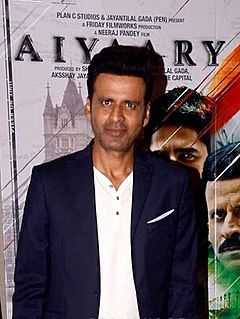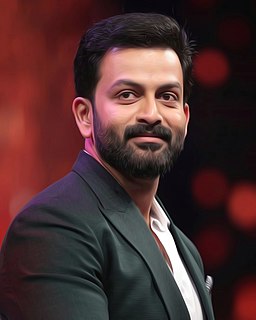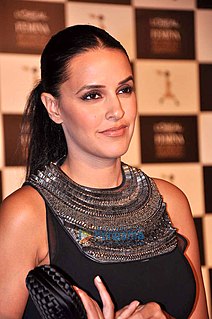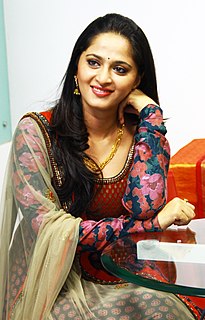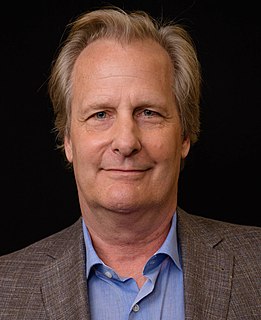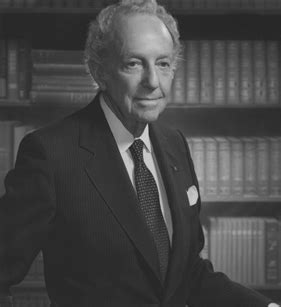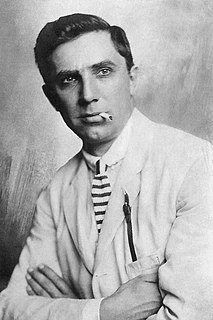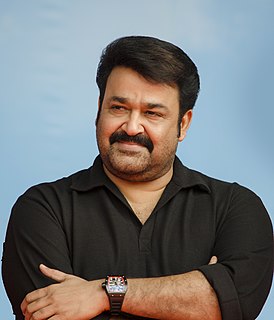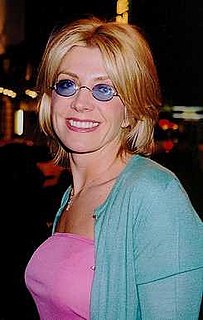A Quote by Manoj Bajpayee
I have always believed that an actor cannot afford to have a favorite genre. He must excel in every kind of film and fit in with every director's vision.
Related Quotes
You can say something that can really help and actor and you can say something that can really get in the way of an actor's performance, kind of cut them off from their instincts and really get into their heads. And every actor's different. Every actor requires something different. Being an actor, for me, was the greatest training to be a writer and director.
Every film I've ever worked on, and that includes 'Braveheart' and 'Trainspotting,' I've always witnessed a director having a breakdown. Every director will have a day, without exception, where they just can't do it anymore, they don't know what to say to their cameraman, their cast. It's the sign of real, physical exhaustion.
If we have no faith in ourselves and in the kind of future we can create together, we are fit only to follow, not to lead. Let us remember that the Bible contains two proverbs we cannot afford to forget. The first is ""Man does not live by bread alone"" and the second is ""Where there is no vision, the people perish.""
